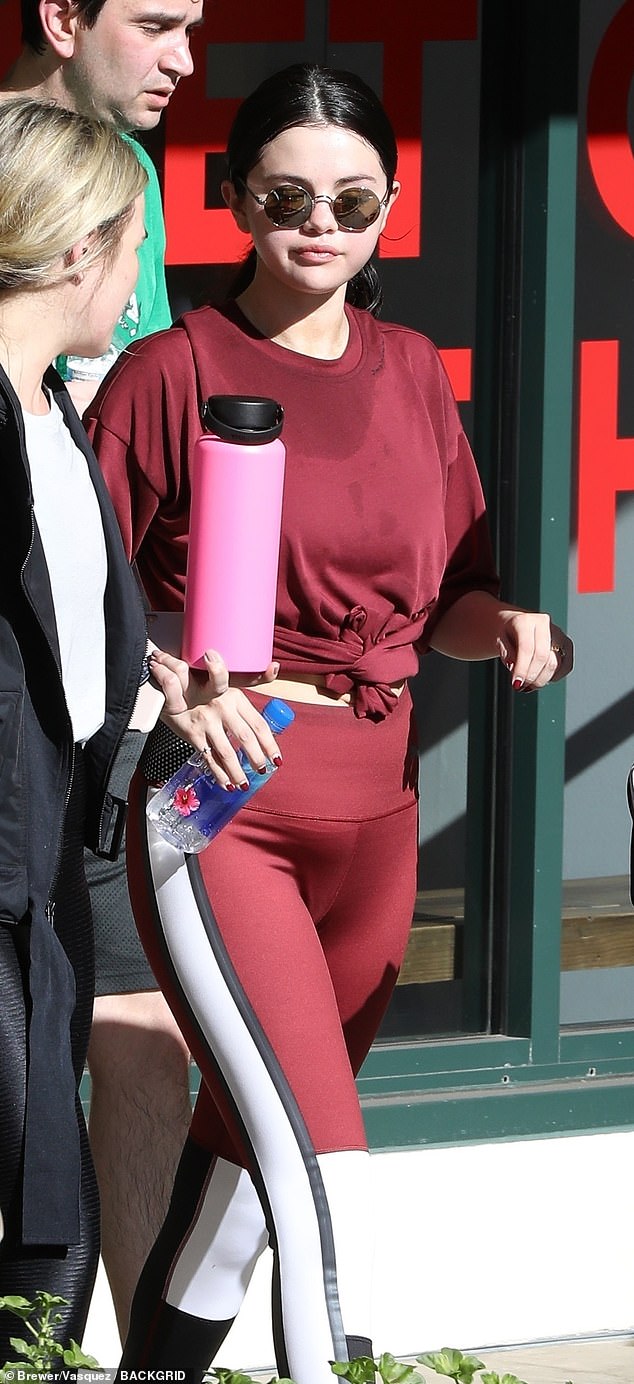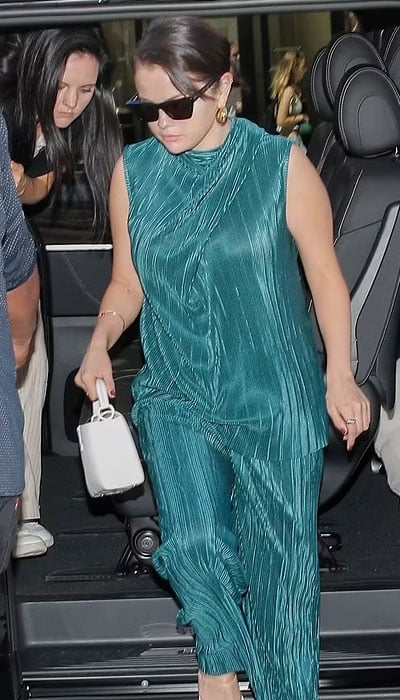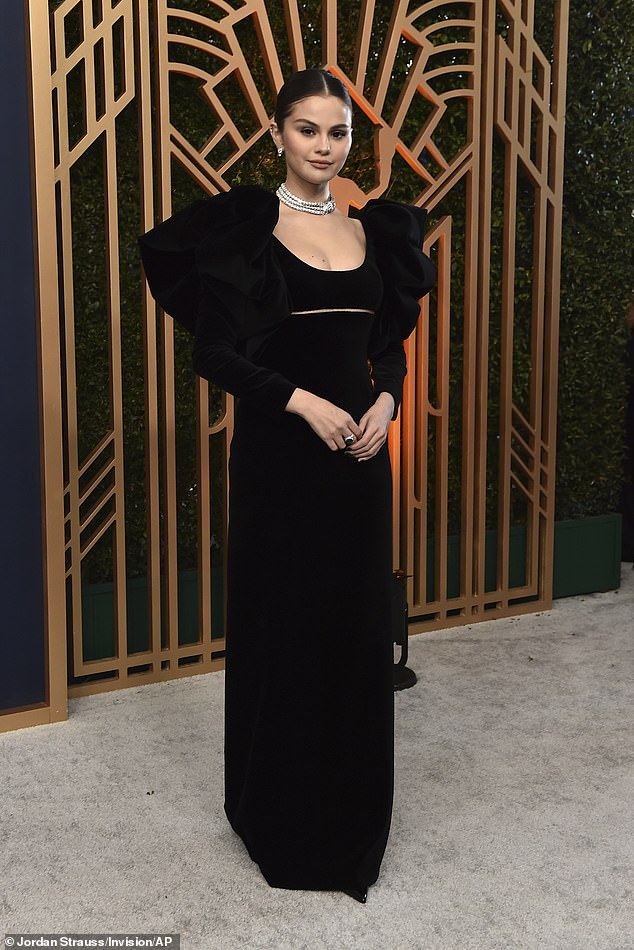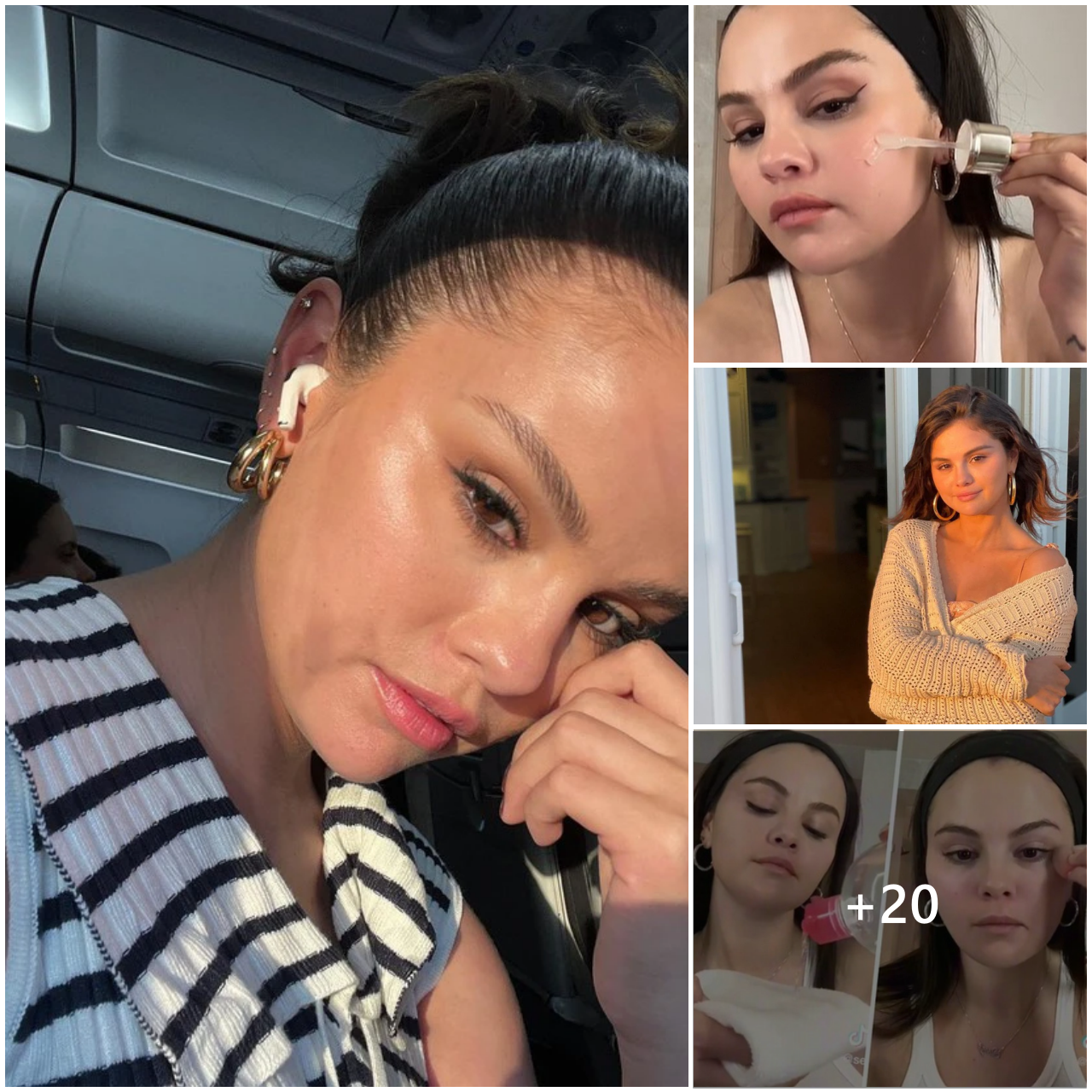Albums by The Notorious B.I.G., The Chicks and Green Day are among the 2024 inductees to the National Recording Registry, which is administered by the Library of Congress. The 25 newly-added recordings bring the number of titles on the Registry to 650.
Several of the inducted recordings capture important scenes in popular music. Jefferson Airplane’s Surrealistic Pillow, which spawned the hits “White Rabbit” and “Somebody to Love,” captures 1967’s Summer of Love; The Cars’ The Cars and Blondie’s Parallel Lines tapped into the new wave scene of the late ’70s; Héctor Lavoe’s “El Cantante” was part the late ’70s salsa boom in New York City.
Trending on Billboard
Other inductees include Jackie Brenston and His Delta Cats’ “Rocket ‘88” (1951), produced by Sam Phillips, often called the first rock’n’roll recording; Lily Tomlin’s This Is a Recording, the first comedy album by a woman to be inducted; and Gene Autry’s 1949 smash “Rudolph, the Red-Nosed Reindeer,” the third Christmas song to be inducted (following Bing Crosby’s “White Christmas” and Mariah Carey’s “All I Want for Christmas Is You”).
“The Library of Congress is proud to preserve the sounds of American history and our diverse culture through the National Recording Registry [NRR],” Carla Hayden, the Librarian of Congress, said in a statement.
The inductees cover a wide range of genres, including jazz, bluegrass, pop, dance, country, rock, rap, Latin and classical music.
Several of the inductees achieved historic firsts. Bobby McFerrin’s “Don’t Worry, Be Happy” became the first a cappella recording to top the Billboard Hot 100 in 1988. It was also the first recording produced by a woman (Linda Goldstein) to win a Grammy for record of the year. Perry Como’s “Catch a Falling Star” (1958) was the first single to be officially certified gold by the RIAA.
Several debut or first major-label recordings were inducted — Biggie’s debut album, Ready to Die; the debut single (“Ain’t No Sunshine”) from Bill Withers’ debut album Just As I Am (1971); and the first major-label albums by Green Day (1994’s Dookie) and The Chicks (formerly Dixie Chicks, 1998’s Wide Open Spaces).
In addition to McFerrin’s “Don’t Worry, Be Happy,” which topped the Hot 100 in 1988, the list includes four songs that reached No. 1 on pop charts that appeared in Billboard prior to the introduction in 1958 of the Hot 100: Autry’s “Rudolph,” Como’s “Star,” Patti Page’s pop and country smash “The Tennessee Waltz” (1950) and Johnny Mathis’ “Chances Are” (1957). (The NRR lists the latter smash along with its hit B side, “Magic Moments,” one of the first hits by songwriting titans Burt Bacharach & Hal David.)
Two of the inducted albums spawned No. 1 hits on the Hot 100. ABBA’s Arrival (1976) included their signature smash “Dancing Queen.” Blondie’s Parallel Lines (1978) included their dance/disco hit “Heart of Glass,” their first of four No. 1 hits in a two-year blitz.
Two hip-hop recordings were saluted – Biggie’s Ready to Die and Doug E. Fresh and Slick Rick’s “La-Di-Da-Di,” which originated as the B side of Doug E. Fresh & the Get Fresh Crew’s 1985 single “The Show.” The A side was a top five hit on Billboard’s Hot R&B/Hip-Hop Songs chart.
Two Latin recordings were honored. Lavoe’s “El Cantante” (1978) is among the most famous recordings by the late Puerto Rican salsa singer; it was written by Rubén Blades and produced by Willie Colón. Likewise, Juan Gabriel’s “Amor Eterno” (1990) is one of the late Mexican singer/songwriter’s signature songs. “It’s a great honor for my dad,” Juan Gabriel’s son Ivan Gabriel Aguilera told the Library in Spanish. “… He would always say that ‘as long as the public, people, keep singing my music, Juan Gabriel will never die,’ and it’s nice to see that happening here.”
Benny Goodman was acknowledged for a second time, a relatively rarity in the NRR. “Rose Room,” a 1939 recording by the Goodman Sextet with guitarist Charlie Christian, follows Goodman’s 1938 Carnegie Hall Jazz Concert into the Registry. That landmark album was inducted in 2003.
Booker T. Jones, who produced Withers’ sublime “Ain’t No Sunshine,” was previously inducted as an artist with Booker T. & the M.G.’s’ 1967 album Green Onions.
Some albums are seen as crucial building blocks, even though they didn’t make the Billboard 200. An eponymous album by J.D. Crowe & the New South (1975) was important in reviving interest in bluegrass. Crowe’s musicians included Ricky Skaggs, Tony Rice and Jerry Douglas.
The oldest recording honored this year is “Clarinet Marmalade,” a 1919 recording by Lt. James Reese Europe’s 369th US. Infantry Band. The all-Black band was comprised of soldiers who served in France during World War I.
The most recent release on this year’s list is The Chicks’ RIAA Diamond-certified 1998 breakthrough album Wide Open Spaces.
Remarkably, three of the honored artists were killed. Lt. James Reese Europe died in May 1919 – just three months after returning home from service in World War I, after being stabbed in the neck by one his drummers. Jazz trumpeter Lee Morgan, whose 1964 album The Sidewinder was inducted, was shot to death in 1972. The Notorious B.I.G. was shot to death in 1997.
Under the terms of the National Recording Preservation Act of 2000, the Librarian of Congress, with advice from the National Recording Preservation Board, selects 25 titles each year that are “culturally, historically, or aesthetically significant” and are at least 10 years old. That board is chaired by Robbin Ahrold, president and CEO of Century Media Partners LLC in Washington D.C. and a former executive with BMI, the RCA Music Group and HBO.
A record 2,899 nominations were made by the general public this year. The public can submit nominations throughout the year on the Library’s web site. Nominations for next year’s Registry will be accepted through Oct. 1.
Here’s a complete list of the recordings selected for the 2024 National Recording Registry.
- Lt. James Reese Europe’s 369th U.S. Infantry Band, “Clarinet Marmalade” (1919)
- Viola Turpeinen and John Rosendahl, “Kauhavan Polkka” (1928)
- Various Artists, Wisconsin Folksong Collection (1937-1946)
- Benny Goodman Sextet with Charlie Christian, “Rose Room” (1939)
- Gene Autry, “Rudolph, the Red-Nosed Reindeer” (1949)
- Patti Page, “The Tennessee Waltz” (1950)
- Jackie Brenston and His Delta Cats, “Rocket ‘88’” (1951)
- Johnny Mathis, “Chances Are” (1957)
- Perry Como, “Catch a Falling Star” / “Magic Moments” (1957)
- Lee Morgan, The Sidewinder (1964)
- Jefferson Airplane, Surrealistic Pillow (1967)
- Lily Tomlin, This is a Recording (1971)
- Bill Withers, “Ain’t No Sunshine” (1971)
- J.D. Crowe & the New South, J.D. Crowe & the New South (1975)
- ABBA, Arrival (1976)
- Héctor Lavoe, “El Cantante” (1978)
- The Cars, The Cars (1978)
- Blondie, Parallel Lines (1978)
- Doug E. Fresh and Slick Rick (MC Ricky D), “La-Di-Da-Di” (1985)
- Bobby McFerrin, “Don’t Worry, Be Happy” (1988)
- Juan Gabriel, “Amor Eterno” (1990)
- Kronos Quartet, Pieces of Africa (1992)
- Green Day, Dookie (1994)
- The Notorious B.I.G., Ready to Die (1994)
- The Chicks, Wide Open Spaces (1998)






